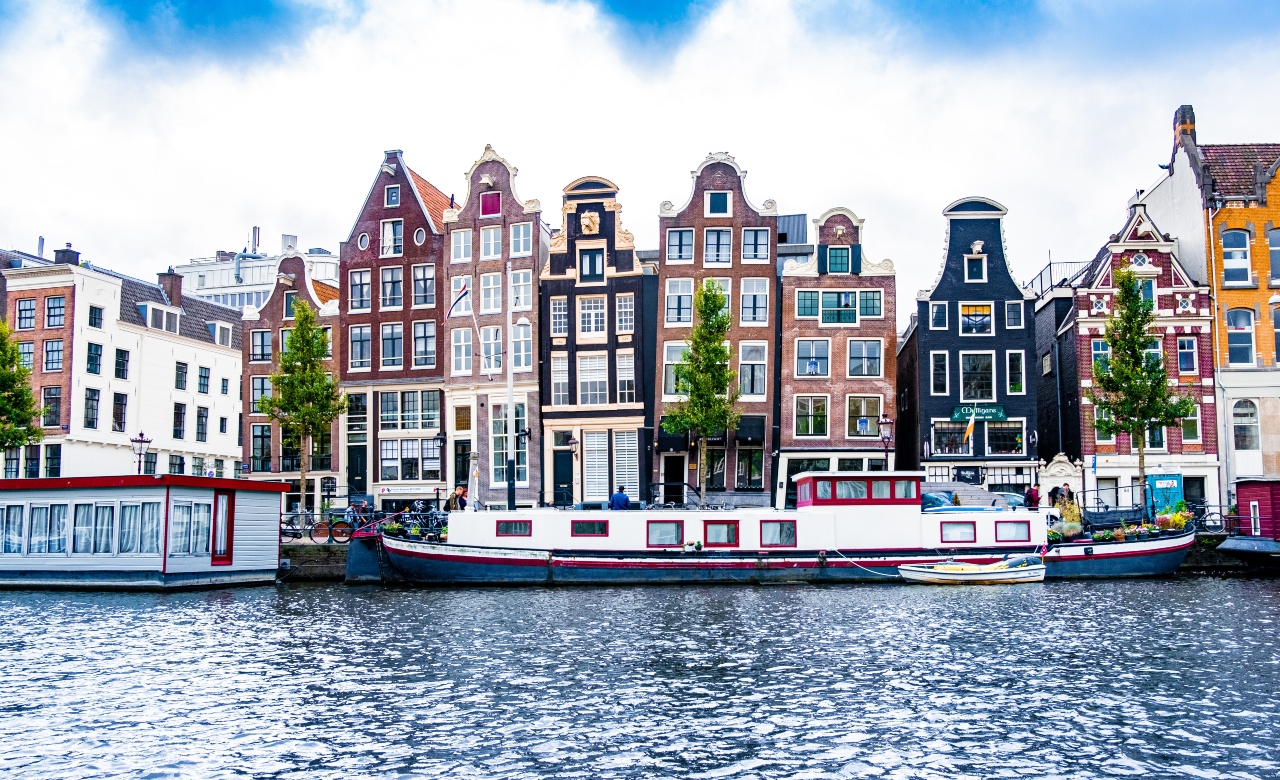Can you tackle divisions in society by investing in start-ups that are committed to equal opportunities and inclusion? Wealthy Dutch and Flemish families are giving it a shot, FD reports.

Shaping Impact Group, a Flemish-Dutch investment company, isn’t looking for a gap in the market, but is filling “a gap in society”, Jamy Goewie, a partner in the firm, tells FD.
The impact investor has so far raised €18m from wealthy families, funds and foundations for a new fund, called SI3, that focuses on equal opportunities and inclusion.
The investment company and advisory group, formerly known as Shaerpa, has long advocated for greater sustainability and solidarity. The new fund distinguishes itself by offering support to companies that contribute ‘demonstrably, directly and structurally’ to ‘promoting equal opportunities in society’.
“We look for problems close to home,” says Goewie, who previously worked in the charity world. “Inequality forms the basis of polarisation.” Participants in the fund hope to tackle the hardening of society and a lack of equal opportunities. The new fund is investing in companies whose business model contribute to equal opportunities for everyone, regardless of origin, race, gender, sexual orientation, age or socio-economic background.
‘Impact over returns’
Financial backers of the new fund include the De Rijcke family (former owners of the Kruidvat retail chain in the Netherlands), Astrid Leyssens and Guus van Puijenbroek (who have an indirect family interest in Dutch newspaper De Telegraaf), founder of online bank Brand New Day, Kalo Bagijn, and the Flemish department store family Colruyt. The investors are promised a 3% to 5% return, meaning they are willing to give up some financial gain in return for ‘maximum social impact’.
“There are still many families who seek profit maximisation,” says Leyssens, who heads the investment committee of Shaping Impact Group. “But much has changed from fifteen years ago, when we as pioneers often felt like we were all alone crying in the dessert. The group of families that aim to have a positive impact with their assets is growing rapidly.”
Investment clubs that arise from family businesses are a logical driver of social investment because they can be patient, according to Leyssens.
Polarisation
Leyssens and Goewie note that society is getting less tolerant. As a counterbalance, the fund managers look for social enterprises with innovative solutions to societal challenges.
“There are many impact funds in the world, but parties that focus purely on an equal society are few and far between,” says Goewie. “It is not an easy topic, but it is desperately needed.”
SI3 has already invested in a handful of social enterprises. A sustainable business model is a prerequisite, while social impact is the most important criteria. “The impact must be a permanent part of the business model. In the event of an exit, it must no longer be possible to remove it from the company’s DNA,’ says Goewie.
Investee companies
SI3 has invested in four companies, including Plinkr, an app that connects financial professionals with people with debt problems. Deeploy helps companies with their AI activities, promising to bridge the gap between data scientists and society by making algorithms more transparent. Efiko Academy teaches organisations green and social skills through coaching programmes to promote sustainability, while &Wider provides companies insight into the working conditions of their global supply chains so they can monitor them and improve them where necessary.
All four investee companies contribute “directly and measurably” to a more inclusive society, says Leyssens. “Promoting equal opportunities is our most important criteria. The companies also exchange a lot of knowledge and networks with each other and we strengthen the organisations where necessary.”
There is a minimum of €250,000 of risk-bearing capital available for companies in an early growth phase that are based in the Benelux. “We are still looking for innovations in education and legal assistance and for innovations in the field of access to the labour market for people with a migration background,” says Goewie.
This article originally appeared in Dutch business newspaper FD, on 1 January, 2024.






